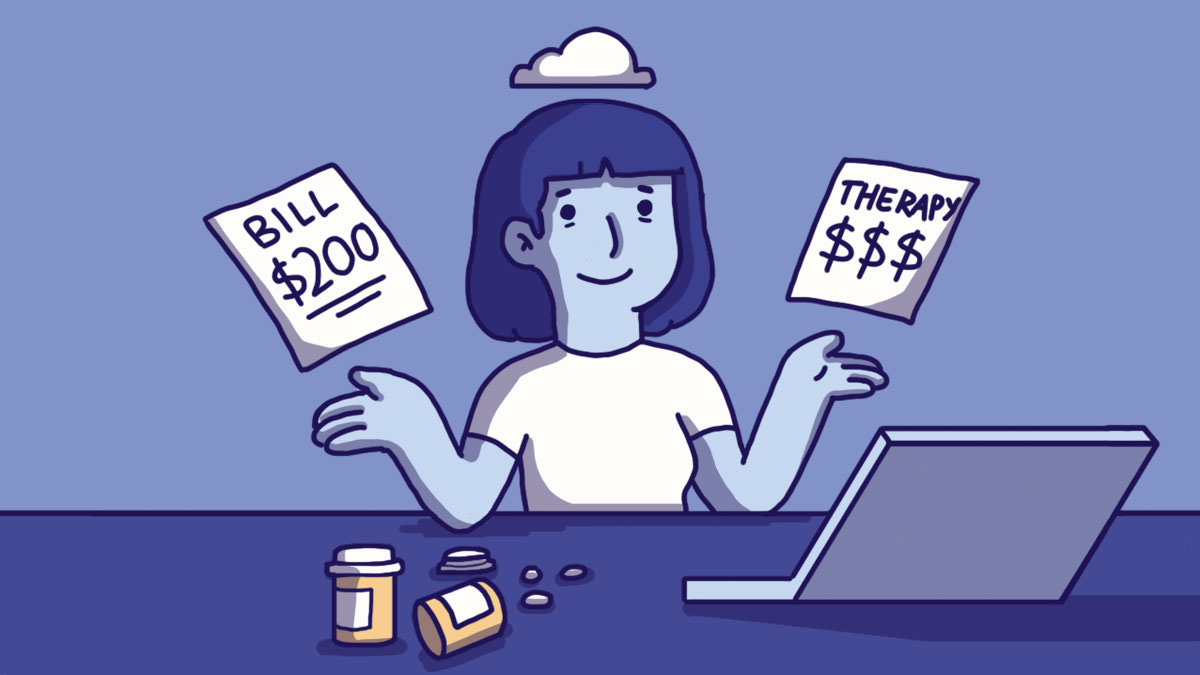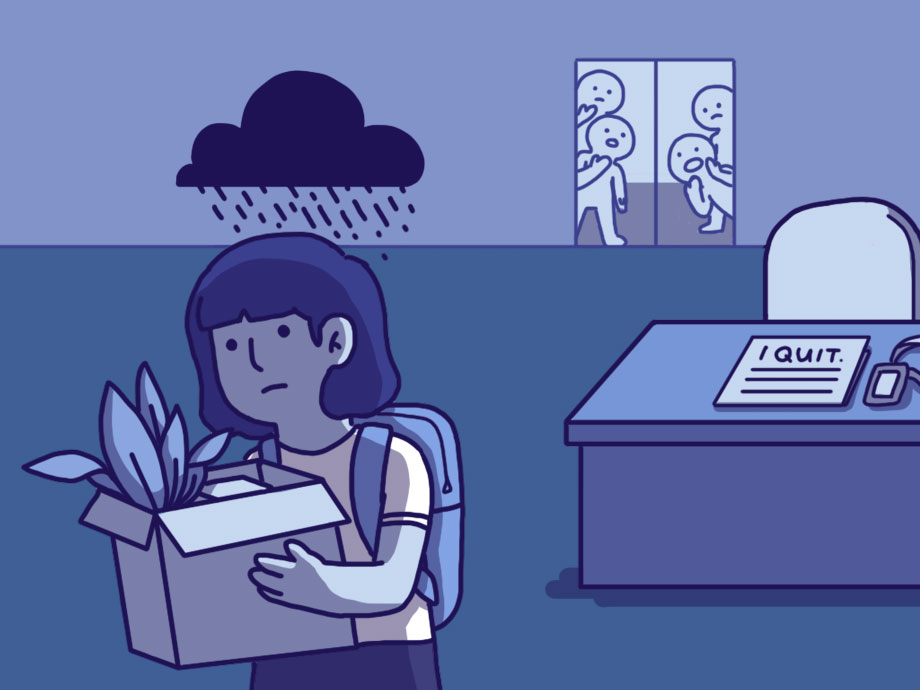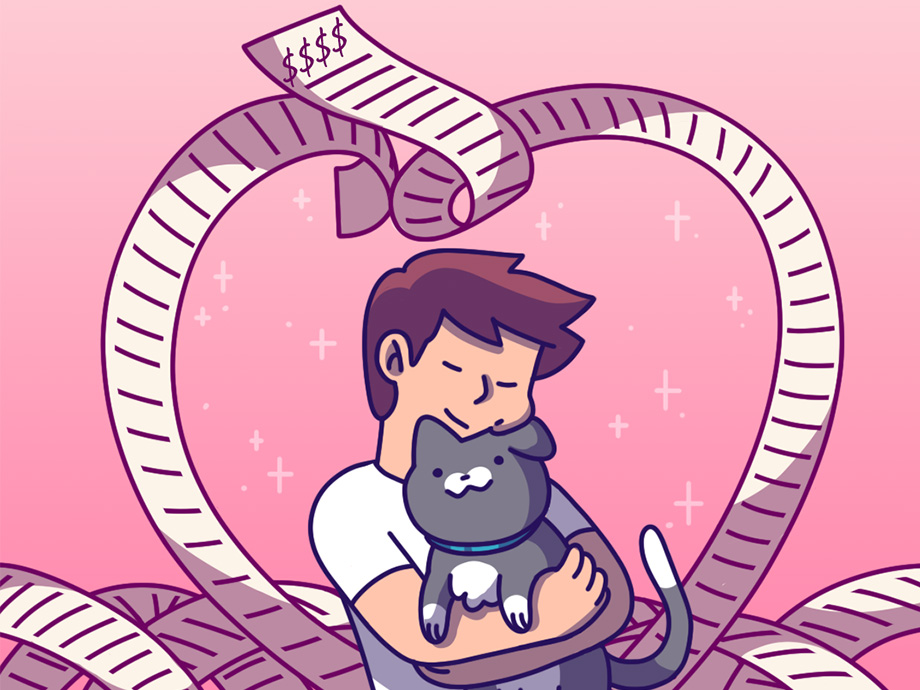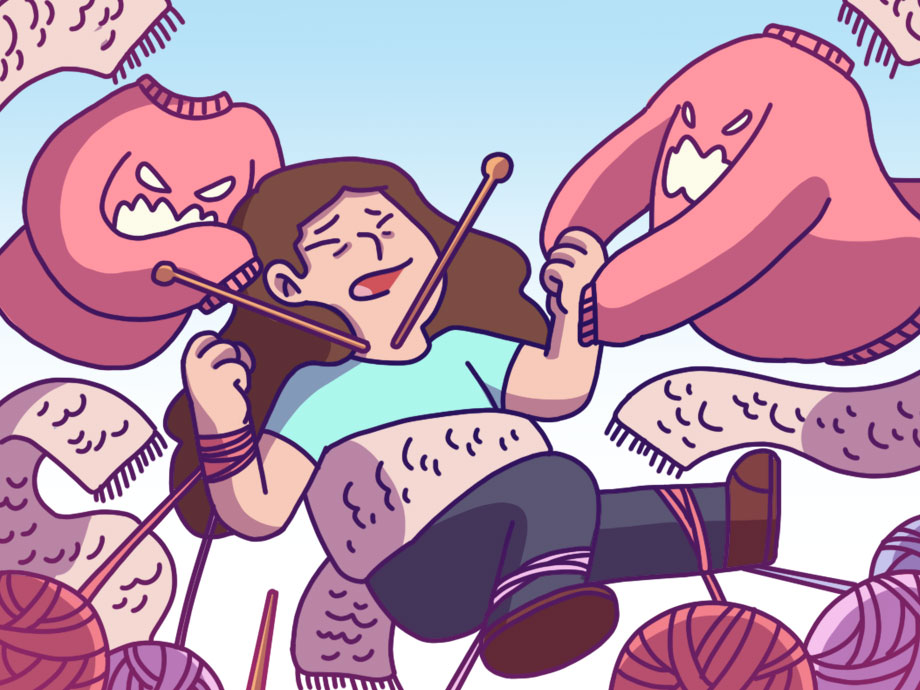Life | Personal Stories | Article
Five Years Later, Coping With Depression Is Still a Work-in-Progress For Me
by The Simple Sum Team | January 11, 2022 | 6 mins read

Five years ago, in 2015, Joanne made the mistake of rushing into her first job offer and went down a depressive spiral. Following a breakdown, she had no choice but to quit and seek professional help, and was subsequently diagnosed with major depressive disorder and anxiety.
Since then, she has been on the road to recovery and regulating her moods with the help of therapy and depression medication.
Today, at 29 years of age, Joanne is still on medication. But she’s faring much better than when she first started.
“Nowadays, I still struggle in coping with depression,” she said honestly, “especially when things get overwhelming at work. But I’m managing it better. I’m still taking my meds while also seeing a therapist every few weeks. Medication allows you to pick yourself up again and find that energy to do things, but you still have to work through the rest of your stuff with a therapist.”
She thinks that in the advent of the recession, the pressure to be productive “all the time” and having one’s self-worth measured in that way is “getting worse and worse.”
“No amount of money will be worth it if it makes you lose your will to live and affects your mental health,” she reflected.
Joanne recounted that she’d had initial worries about paying for her depression medication — especially during her days of unemployment. The costs for her medication came up to about $200 a month. The hefty price tag gave Joanne considerable pause, and she wasn’t sure whether it was worth it.
“But mental health,” she emphasised, “is so much more important than money. I think that if I hadn’t started on my medication I might still be in a very bad state, or even dead.”
Not All Medication

Of course, this comes with a caveat: medications are tricky because there are different side effects for people. It might take a few tries to get it right, according to Joanne.
“Doctors can put you on certain types of medication for a few weeks for you to see if it works,” she explained. “They might bring out bad side effects, like worsening your depression or increasing suicidal ideation, so you must be very careful. But once you find medication that works for you, it’ll really help a lot.”
“I know that people might think taking medication means you’re really very sick, but I see it as a little nudge of encouragement towards a better headspace, so you can pick yourself up again,” she said. “The stigma on medication might be because of how local TV shows portray them. But I think it’s not something to be ashamed of. If you’re down with the flu, you’ll take flu tablets. If your brain is sick, take the appropriate medication.”
She added, “I still feel the pinch when I pay for my medication, but I know that comparing myself with others — who spend money on expensive bags and hobbies — isn’t going to help. All I have to do for myself is to save more money and cut down on my expenses.”
Fortunately, Joanne benefits from government subsidies for consultations and generic medication from public hospitals. However, she mentioned that “brand-name medications are not subsidised”.
Coping With Depression and Its Many Forms

Joanne is concerned that people still don’t quite realise the full effects of a condition like depression, and wants us to be aware of the possible symptoms.
“There are physical effects like fatigue, being unable to get out of bed, being unable to do the things you usually do. Some people might lock themselves in for months at a time and don’t bother brushing their teeth or eating.”
These symptoms are often mistaken for something else, like pure laziness or a reluctance to get to work.
It’s not surprising, then, that Joanne did not openly declare her condition at her next job. She was doubtful that the company would accept her condition.
“I felt like I really needed this job and I didn’t want to risk it. And by that point I was already feeling more stable, so I’d already gotten a hold on things anyway.”
Instead, she decided to slowly open up about it, step by step.
“Maybe I’ll take half a day off to see my therapist, and if people ask, I’ll simply tell them,” she said. “A colleague actually shared their experience with mental illness during a company bonding session, so I thought it was good to start talking about it to raise awareness within the company.”
Nowadays, she’s far more open and forthcoming with the details. Whenever she had to see the doctor for medication refills, consultations, or she needed to go to therapy, she would tell her manager.
“As long as it doesn’t interfere with my work,” she added.
Invisible conditions like depression might be hard to understand especially if we’ve been fed stereotypes from mainstream media that contribute to the stigma surrounding mental health, but there’s no getting around it — stories like Joanne’s are not unique, though hard-hitting.
People struggle with it everyday and often let it go unnoticed. Joanne mentioned two friends who face this stigma even at home, where family members would accuse them of laziness, when the real culprit was depression.
In light of the pandemic, where unemployment rates are high and fresh graduates are likely struggling to find a job, it is likely that mental health issues will continue to be on the rise and stay on the forefront of everyone’s minds. One way or another, this year has been a difficult one — and overcoming it while coping with depression might seem like an insurmountable task.
Joanne’s advice?
“Make the job search your full-time job if you’re unemployed. Just keep applying, and take breaks if you need to. And have some time to yourself to do the things you like to do,” she said. “Know that your self-worth isn’t just tied to your job!”
“When you’re deep in depression, you might not believe that things will get better. You’ll think that there’s no hope,” she said, “but the day will come when you’ll look back and wonder why you ever let those dark thoughts cross your mind in the first place. Depression is a liar when it tells you that you’re worthless and unloved. Your thoughts are not you.”














